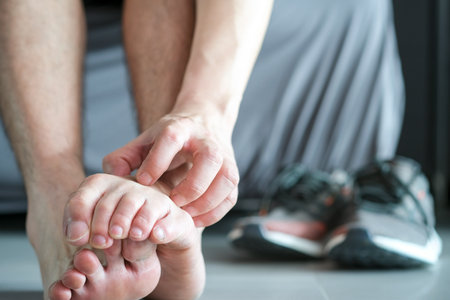Training Staff in the NHS: Improving Motivation and Mental Health Support in Rehab Settings
Introduction to Staff Training in NHS Rehabilitation SettingsIn the dynamic environment of NHS rehabilitation settings, the importance of structured staff training cannot be overstated. These settings demand a unique blend of clinical expertise, compassion, and adaptability, given the complex needs of patients undergoing rehabilitation. Comprehensive and ongoing training programmes are fundamental in equipping staff with…








